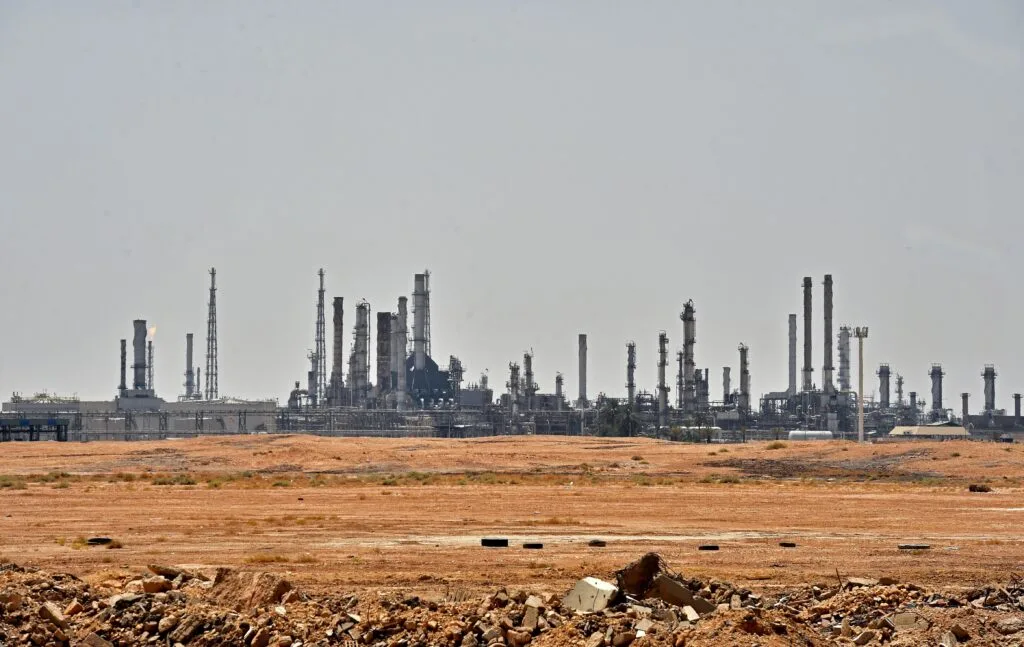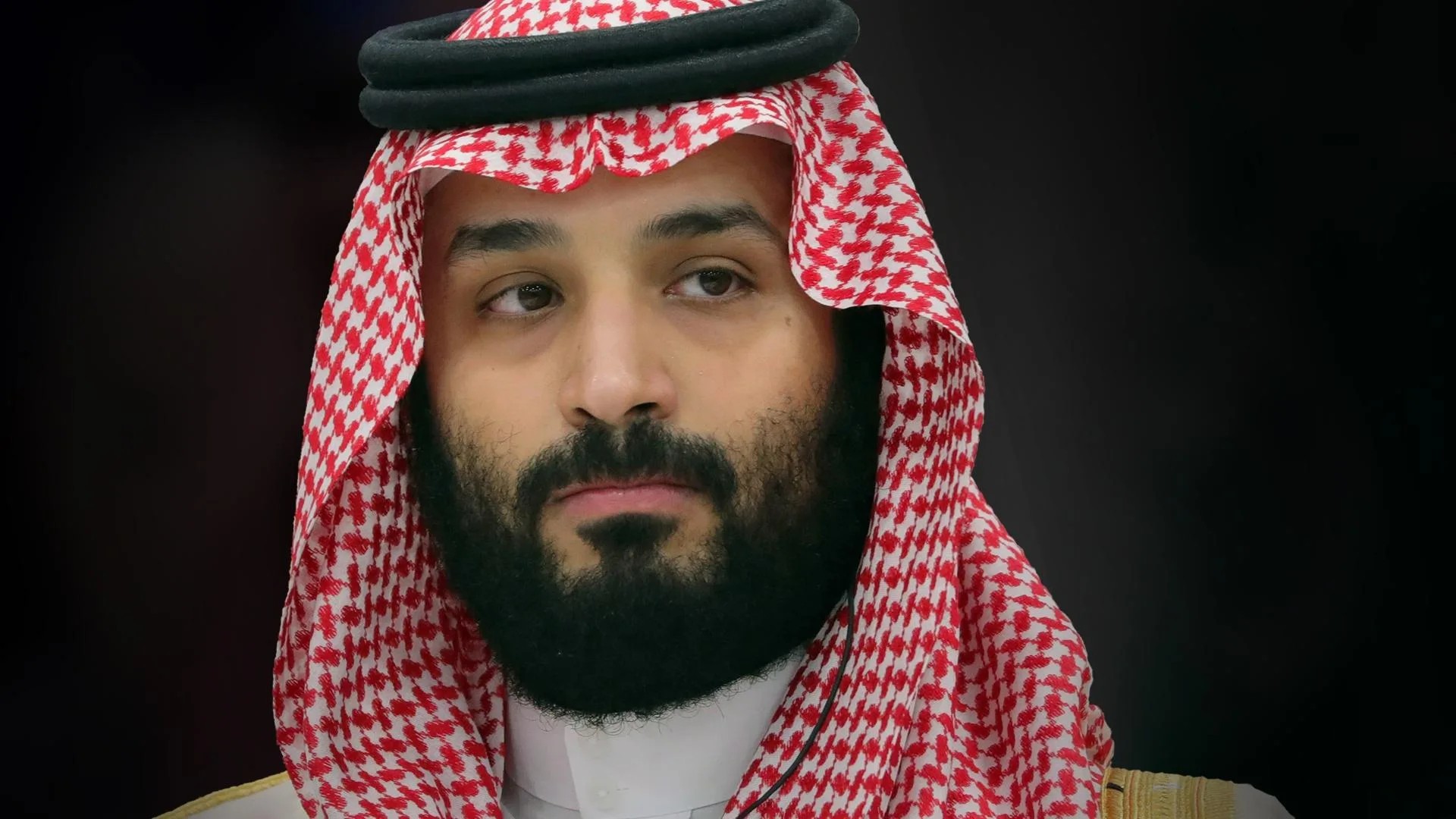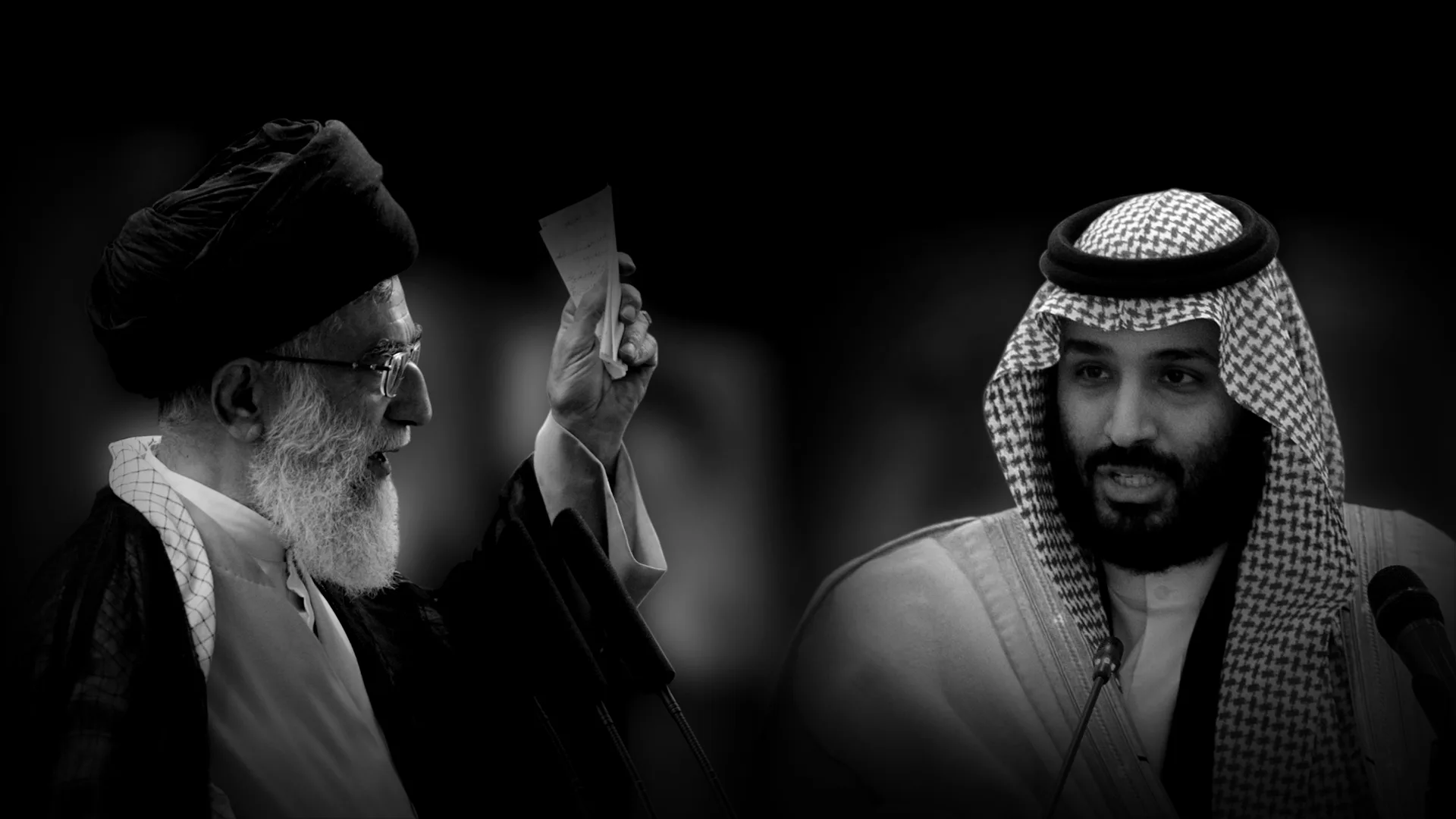As Oil Attacks Raise Questions, Revisit Saudi Arabia and Iran’s Bitter Rivalry

September 16, 2019
Share
Drone attacks on two key Saudi Arabia oil installations this weekend caused what’s being described as the biggest disruption to global oil production on record.
The strike on Saudi Arabia’s economic lifeblood sparked ongoing speculation about who is to blame. Iran-allied Houthi rebels in Yemen, where a Saudi-led coalition has been engaged in a prolonged and deadly military campaign, claimed responsibility and said they could carry out more attacks. But Saudi officials claimed on Monday, without sharing evidence, that the strikes were not launched from Yemen. They also alleged that the weapons involved in the attacks were Iranian-made. Iran has denied involvement, saying the attacks were carried out by Yemen’s rebels in self defense.
U.S. Secretary of State Mike Pompeo alleged over the weekend that Iran was responsible for the attacks, but did not offer evidence. President Donald Trump tweeted on Sunday that “there is reason to believe that we know the culprit,” and that the U.S. is “locked and loaded.” He went on to say that the U.S. is waiting to see what the Saudis believe is the cause of the attack and “under what terms we would proceed.”
If Iran is found to be linked to the attacks, it would mark a stark escalation of a decades-long feud between the two Middle East heavyweights.
As the 2018 FRONTLINE documentary Bitter Rivals: Iran and Saudi Arabia explored, that fight has previously played out through proxy battles elsewhere in the region — including in Yemen — rather than through direct military actions with targets inside the opposing country’s borders.
For context on the Iran-Saudi Arabia power struggle and its profound ripple effect across the Middle East, stream parts one and two of Bitter Rivals: Iran and Saudi Arabia:
The two-part series unspools the political animosity between Iran and Saudi Arabia that has been steadily building since the Iranian revolution of 1979. It charts the rise and ambitions of Iran in the region, as its government has seized power vacuums in Iraq and Syria and used proxy forces on the ground to control capitals from Tehran to Baghdad, from Damascus to Beirut.
And on the other side, Bitter Rivals traces how the Saudi government has jockeyed with Iran to try to claim the status of regional powerhouse, assembling a coalition of Sunni countries prepared to fight Shia Iran, and directly initiating a war in Yemen to draw a line.
As the series explores, this escalating struggle for control has had devastating consequences, with civilians perpetually caught in the middle — including in Yemen, where the film team became the only outside journalists allowed into the Houthi-controlled north of the country in 2017.
From FRONTLINE founder and executive producer-at-large David Fanning, veteran correspondent and producer Martin Smith, and producer Linda Hirsch, Bitter Rivals offers a road map for viewers to understand how Saudi Arabia and Iran’s feud has reshaped the Middle East.
And stay tuned as Smith and Hirsch’s reporting on the region continues. FRONTLINE’s season premiere, The Crown Prince of Saudi Arabia, airs Tuesday, Oct. 1.

Latest Documentaries
Related Stories
Related Stories
Explore
Policies
Teacher Center
Funding for FRONTLINE is provided through the support of PBS viewers and by the Corporation for Public Broadcasting, with major support from Ford Foundation. Additional funding is provided the Abrams Foundation, Park Foundation, John D. and Catherine T. MacArthur Foundation, Heising-Simons Foundation, and the FRONTLINE Trust, with major support from Jon and Jo Ann Hagler on behalf of the Jon L. Hagler Foundation, and additional support from Koo and Patricia Yuen. FRONTLINE is a registered trademark of WGBH Educational Foundation. Web Site Copyright ©1995-2025 WGBH Educational Foundation. PBS is a 501(c)(3) not-for-profit organization.





















